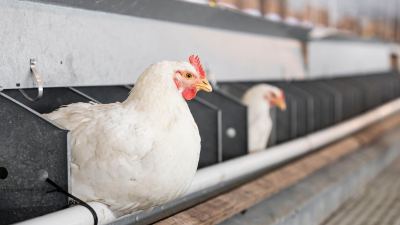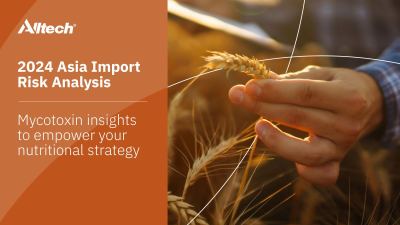Our Oceans Need a Break

Global concerns on sustainable fishing practices are due to the growing demand. It takes approximately 1.5 kg of small wild fish, like anchovies, sardines and salmons being caught in the ocean to produce ½ kg of farmed salmon.
Most people associate anchovies and sardines with their salads or pizza toppings, but in fact these small and mighty fish are a crucial part of modern aquaculture. Oily fish, such as anchovies and sardines are currently being over-fished. These fish are processed and turned into pellets to feed larger farmed fish, which are being sold to the human health market to make fish oil supplements, functional foods and pharma applications. These practices are not sustainable and without increased aquaculture production, the world will face a seafood shortage of 50 to 80 million tons by 20301.
Fish contribute to 16% of the world’s protein, but with land and fresh water in short supply the aquaculture industry is facing a huge crisis on whether or not the industry can grow at a sustainable rate. Researchers have predicted that if fishing rates continue apace, all of the world’s fisheries will collapse by the year 20482.
Global concerns on sustainable fishing practices are due to the growing demand. It takes approximately 1.5 kg of small wild fish, like anchovies, sardines and salmons being caught in the ocean to produce ½ kg of farmed salmon. Alternative sources are required to ensure the sustained production and nutritional quality of farmed fish.
Fish oil derived from fisheries, is the most common source of omega-3 fatty acids. Fish oil is typically extracted from oily cold-water fish such as cod, halibut and tuna. Traditionally, fish oil was used in animal feeds to support the wellness of the animal and ensure a healthier final product for the consumer. However, the fish oil industry has gone through a dramatic transformation due to the limited availability, prices have gone through the roof and quality has gone through the floor. Some farmers are opting to use cheaper alternatives high in omega-6, like vegetable oil and sunflower oil. These alternatives often lack beneficial DHA omega-3, limiting their health benefits and creating the need for sustainable sources needed for optimal animal nutrition.
To avoid overfishing, alternative sources are being examined to provide nutrients formerly supplied by fish and fish oil to feed the growing population. Algae are gaining attention for their application in the feed and food industries as a highly sustainable source of protein and DHA omega-3. Moreover, the omega-3 content in fish originates from their consuming the algae directly or other creatures that feed on algae.
Sustainable aquaculture practices using algae have the potential to minimize the impact from overfishing, while providing a nutritious protein source of DHA omega-3.
This solution comes at a critical time as the growing human population will be too great for the seafood industry to sustain environmental and economic demands. In America alone, 7,000,000 tons of fish are consumed per year and to meet that demand, 91% of the fish were imported, resulting in a $12,000,000,000 trade deficit3.
The ocean can no longer be treated as an unlimited source of protein. The industry must make a change and algae provide a unique opportunity to replace nutrients formerly supplied by fish and fish oil to meet the current consumption trends.
- United Nations Food and Agriculture Organization
- National Geographic
- FAO, USDA, NOAA















